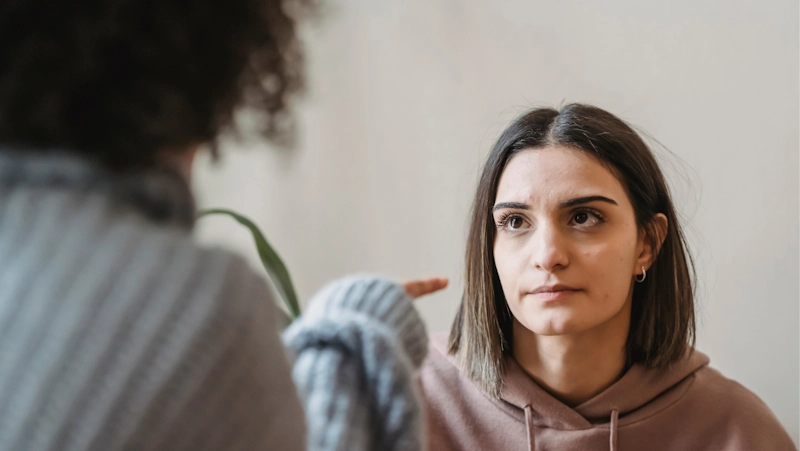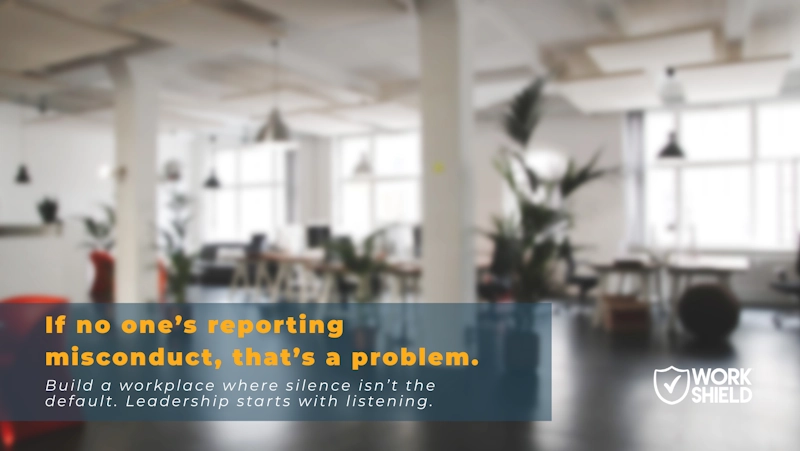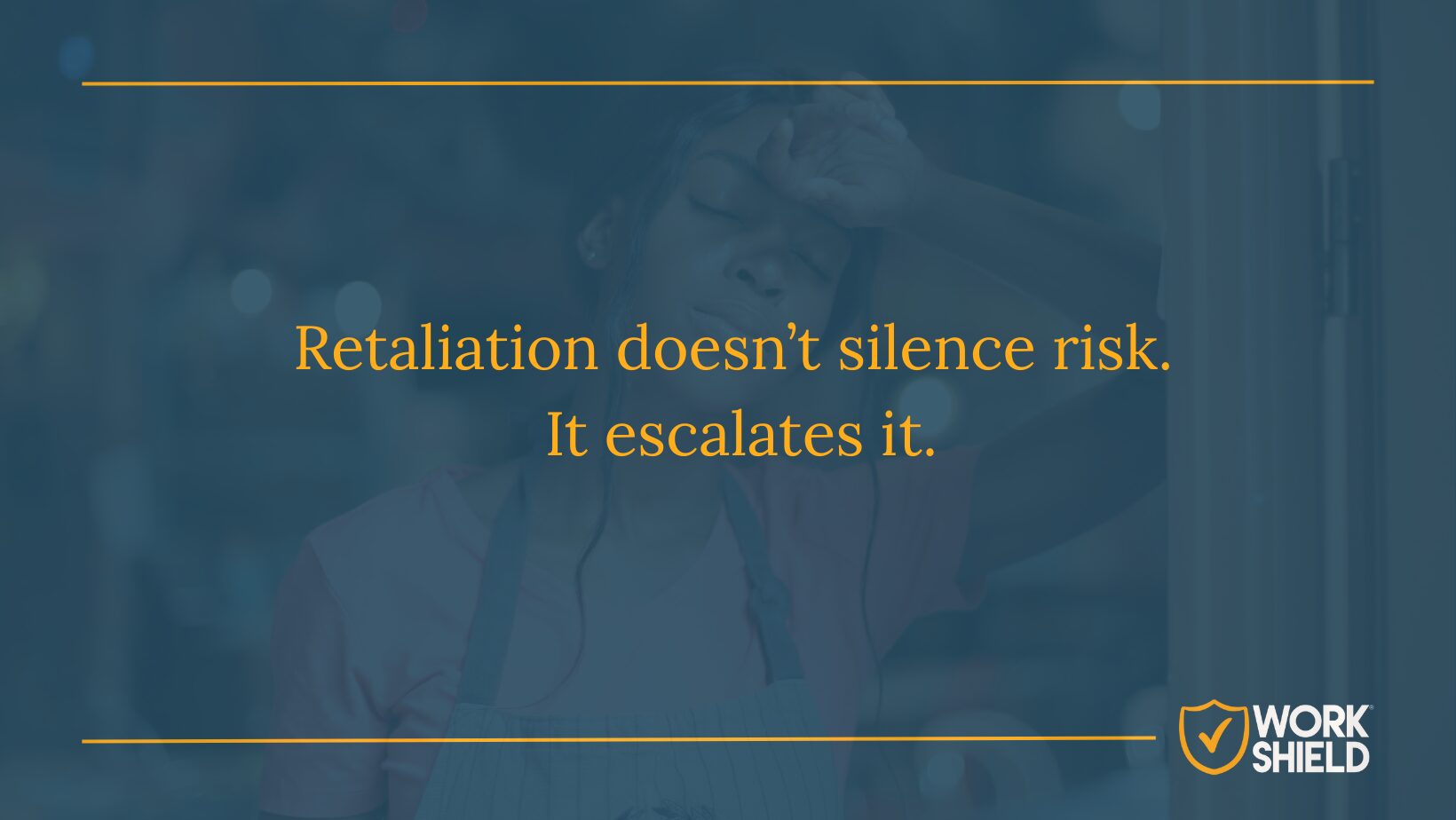This morning my daughter and I got out of the house to pick up some curbside family meals from a local caterer. It’s one of the only opportunities the two of us have to get out of the house and have some cherished alone time together. My daughter is nine years old, full of life and enjoys listening to music together on our rides. She almost always requests the Hamilton soundtrack. Even though she has not seen the musical, she knows almost every song by heart (the clean versions!). This morning was no exception.
One of our favorite songs, “It’s Quiet Uptown,” is about the pain that Alexander Hamilton and his wife Eliza face after the death of their son. The song begins…
There are moments that the words don’t reach There is suffering too terrible to name You hold your child as tight as you can And push away the unimaginable The moments when you’re in so deep It feels easier to just swim down
The Hamiltons move uptown And learn to live with the unimaginable…
I’ll admit I teared up the first time I heard this song live. But this morning, in the midst of what humanity is facing during this global pandemic, it hit me like a solid gut punch. My tears flowed until there were none left. And when I looked in the back seat through the rear view mirror behind the security of my sunglasses, I could see my daughter’s tears flowing just as fast.
We don’t need to experience the song from Alexander and Eliza’s viewpoint to feel its heavy impact because today, we are ALL living the unimaginable.
Over 80,000+ deaths in America to COVID-19. Families and friends mourn the loss of their loved ones taken too soon.
Unimaginable.
Ahmaud Arbery’s mother had to face her first Mother’s Day since the tragic and senseless loss of her son.
Unimaginable.
A friend’s son committed suicide two days before his thirteenth birthday as a result of the isolation and hardship brought on by COVID-19.
Unimaginable.
First-hand accounts of courageous heroes who put their own lives and their families’ lives at risk to help battle COVID-19 in spite of their fears and lack of adequate PPE equipment.
Unimaginable.
Millions of lost jobs.
Unimaginable.
Parents who continue to work full-time, many outside of the safety of their homes and without childcare, who must also now school their children full-time while maintaining their households.
Unimaginable.
Racism faced by certain ethnicities since COVID-19 came to the United States
Un·i·mag·i·na·ble.
Yet, here we are. We are collectively experiencing the unimaginable right now, and for many, there does not seem to be an end in sight. We are in so deep. For some, it may seem easier to just swim down.
Mental Health Must Be A Priority
May is Mental Health Awareness month. We have seen firsthand what the economic impact of COVID-19 has had on our national and global economies. But what is less evident is the impact that COVID-19 is having, and will continue to have, on our mental health and well-being. Anxiety is running high and most of us have more questions than answers.
I imagine our family’s last eight weeks have been similar to many of yours… it feels a lot like Groundhog Day every single day. My husband, Jared, and I struggle with working full-time, overseeing our children’s distance learning and maintaining normalcy as much as we can. I am often so consumed with working and tending to my family that I don’t always have time to truly acknowledge all the heavy emotions I am carrying.
Plus, I want to put on a brave face for our kids. I tend to only show them my “happy” emotions, hiding my deeper and worrisome thoughts – probably why my tears flowed like the Mississippi River in the car this morning.
My husband and I are very conscientious about making sure we get enough sleep, nutrition, exercise, and quality time with our children. We also know it’s just as important, if not more important, that we spend time being kind to our minds.
Hit The Pause Button
One Monday, our 5th grader had seven Zoom meetings. How is that possible? Luckily, he’s pretty self-sufficient with distance learning, but my daughter requires much more hands-on attention. Add up work hours, school hours, feeding and cleaning hours – there’s just not much extra time most days.
But we have to hit the pause button and take time for ourselves, especially on the days when we feel like we are operating in fast forward mode.
I used to feel like taking time for myself was self-indulgent. But I’ve realized that my “pause” time did more for me than I ever thought possible.
Carving out time for myself actually allowed me to become more productive at work, more patient with my children, more energized to complete tasks, and more peaceful in my thoughts. Self-care right now is even more important, as our bodies and minds are facing different kinds of demands and stress than they’ve ever known
If you’re not used to taking time for yourself, start small. If you had five to ten minutes a day to yourself, to take a pause from your daily routine, what would you do? Now go do it.
COVID-19 Content Timeouts
Jared and I like staying current on events shaping our nation and the world. When stay-at-home orders were put into place, I fell into a regretful habit – even while I was consumed with work and my family most of the day, I still managed to tune in for COVID-19 statistics and news. But even those few minutes were enough to send my thoughts into a downward spiral of “what ifs” that were far from helpful.
Every minute of the day we are bombarded by fake news, polarizing news, biased news, scientific news, and sensational news, all surrounding COVID-19. It can be all-consuming. We decided to take a break from excessive exposure to pandemic media coverage. While we still want to be informed, we are more selective about the news outlets we choose to view and allow only certain times in the day for media consumption. Giving media coverage a timeout has given us both a break on this heavy content that would otherwise weigh on us and negatively impact our day.
Give yourself permission to give COVID-19 content a timeout. Maybe you decide to only view media coverage at a certain time of day, or for a certain amount of time. Or maybe you choose not to view it at all for a day or two each week.
We’ve also decided to watch more uplifting media – such as Some Good News by John Krasinski. It’s light and feel-good content, and many may hardly call it news, but every time we watch it, we end up feeling a little better about the current situation we are all in.
Stay Connected
At Work Shield, our job is to help companies empower their employees by giving them a real voice when it comes to reporting workplace harassment and discrimination issues, which is why you will often see “BE HEARD” front and center in our client communications.
Right now, everyone needs to be heard. Connecting with others to share our own unimaginable feelings and experiences is the only way we get through this.
Humans are made for social connection, and social distancing measures have been a monumental test for many of us who are used to spending our days surrounded by co-workers, family and friends. Our social lives came to a screeching halt in March, and many wonder what more we will face as we head into summer, which is normally a time for backyard BBQs, packed swimming pools and summer vacations with family friends. It’s hard on children, too, many who left for spring break never to return to their schools, teachers and friends.
One way we are maintaining connection in our house is a non-negotiable daily “connection time.” Each of us must spend time every day connecting with a friend or loved one outside of the house – FaceTiming grandparents, Zoom happy hours or even just a quick call with a friend.
Reaching out and staying connected to others helps us remember we are not going through this in isolation. We might each be facing different challenges and feelings about our current situation, but connecting and sharing our feelings with each other helps us know that we are not alone.
After our connection time, we are more centered and grounded. It brings out the best in us, lifts us up, and teaches us that we are all going through this shared experience, however unimaginable, TOGETHER.
Just as important is checking in with our friends and family who live alone. Social distancing is isolating for all of us, and even more so for those who live alone. Checking in on a regular basis to listen, see how they are doing, and see if they need anything is one way we can show support and concern for their wellbeing.
Seek HelpThe first two lyrics in “It’s Quiet Uptown” are…
The first two lyrics in “It’s Quiet Uptown” are…
There are moments that the words don’t reach
There is suffering too terrible to name
When you stop to think about moments that are too much to even put into words, and suffering that is so terrible that you cannot even name it, you are facing something unimaginable. And sometimes despite everything you tell yourself and everything you do to help yourself through such a moment, you may feel you still come up empty.
If you are someone who is more vulnerable to stress, anxiety or depression, be proactive and reach out for help. If you are currently struggling, are you getting the help you need? If not, don’t be afraid to reach out to family, friends or professionals (most of whom are offering virtual or phone sessions).
You are never alone. There are always people who want to ensure you get the help you need. The National Suicide Prevention Lifeline at 1.800.273.8255 is available 24/7 for confidential support, including prevention and crisis resources and The National Institute of Mental Health offers many more resources here.
We can’t change the unimaginable things that are happening around us right now. But we can put measures in place to safeguard our minds, stay connected to others, and reach out for help when we need it. When we come out on the other side of this pandemic, I hope we take these challenges and these moments that words don’t adequately reach and use them to better ourselves, our families, our communities and our world. Doing so will ensure we will live through the unimaginable.
About Jennifer Pope
Jennifer is the Co-Founder of Work Shield, the only start-to-finish workplace harassment and discrimination reporting, investigation and resolution solution that protects employees, employers and cultures at the same time. Jennifer’s background as an attorney fueled her desire to help others. She leverages her experiences from Hewitt Associates, Thompson & Knight, and SMU Dedman School of Law to help employers shift the paradigm related to workplace harassment to ensure that everyone has a voice.
Connect with Jennifer on LinkedIn.





